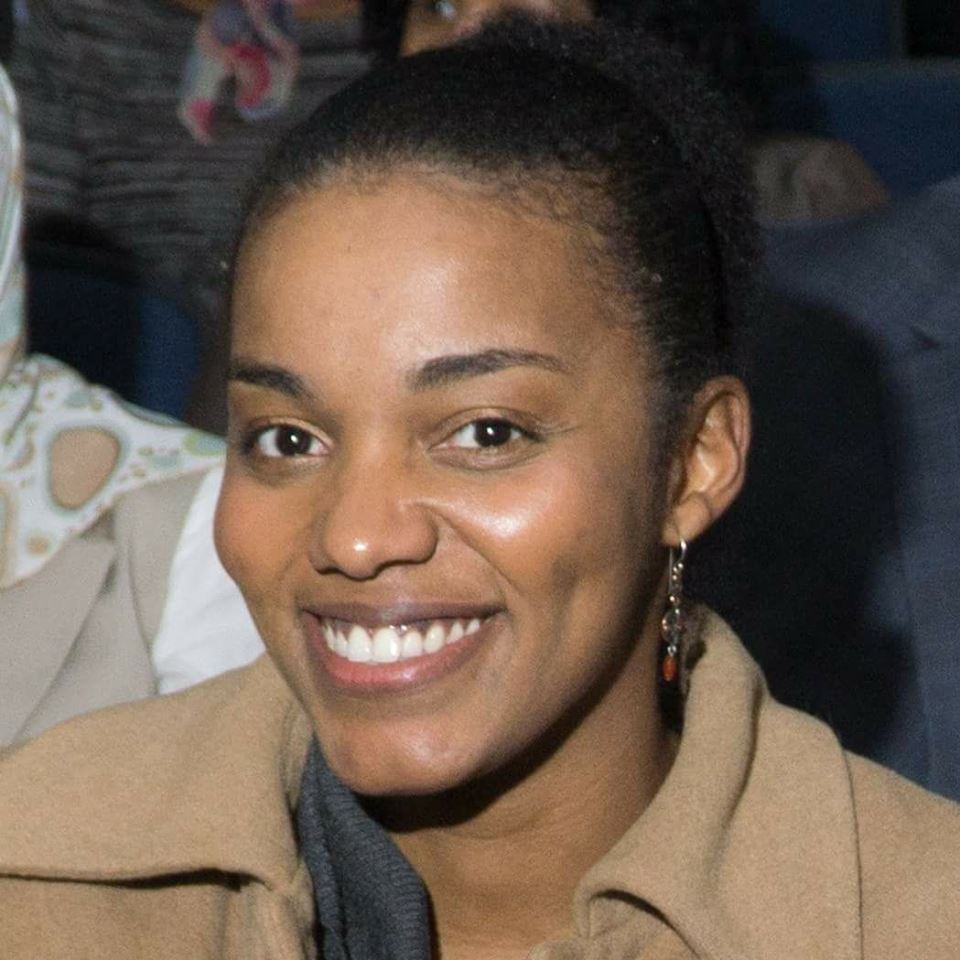Department of Sociology & Criminology
211 Old Main,
University of Arkansas
Fayetteville, AR 72701
P 479-575-3205
E-mail: nkarnes@uark.edu
 Dahlia Evans-Vertreese
Dahlia Evans-Vertreese
MA in Sociology | 1995 | Mayor of The Township of Hillside, NJ
Why did you choose to pursue an MA in sociology at the UA?
Dahlia holds an undergraduate degree in Criminal Justice and History and was interested in relationships, an interest that would eventually lead her to politics. Her father was a civically engaged policy officer. This, coupled with her love of statistics and analyzing how and why people make decisions, led to an interest and calling toward relationships, which she followed once in school.
What did you do upon graduating from the MA in Sociology program?
Dahlia was initially interested in law school and pursued opportunities that would lead her down that path. She worked for Walmart Legal where she dealt with relationships, perspectives, how issues related to circumstances, employee misunderstandings, and why employees engaged in various behaviors. From there she went to work for a law firm and then on to labor and employee relations where she managed public school labor unions in New Jersey.
Life circumstances led her into the classroom where she experienced life in the “trenches” of her community, working directly with the population she served during her time with the unions. She still found herself serving as a troubleshooter and problem solver, especially via trainings and workshops with other teachers. She taught such topics as History and Holocaust/Genocide at the High School level. She also taught AP courses where she raised the rate of passing scores for students.
After her time teaching she returned to work with the labor unions, which bloomed into other responsibilities. Her ability to question, speak out, and be involved (all skillsets she attributes to her education at the UA) led her to Labor Candidate School where she was chosen as a leader (or Labor Organizer). Today she continues to serve as a Labor Organizer as well as the Mayor of The Township of Hillside in New Jersey.
What is your greatest professional accomplishment?
Dahlia fondly discusses her students (from her time teaching) as her greatest accomplishment. One student in particular left a lasting impression. She refers to this student as brilliant, but due to life and financial circumstances, did not intend to pursue college. Dahlia worked with this student to apply to scholarships programs and schools. The student went on to pursue a full-ride at Emory University and now works at CSPAN and alongside the LA police department on issues such as inclusion, diversity, transgender issues, and intervention measures before arrest. Dahlia states, “she’s my mentoree” and I was able to be the path that helped her reach these accomplishments.
How did your education in the MA Sociology program prepare you for what you are doing today?
In her work with labor unions, Dahlia credits the Sociology program in helping her navigate perspectives and understand where people were coming from, helping her to develop win-win situations in managing conflicts. The program also helped her understand what fair meant – this helped her as a manager to see different viewpoints and understand why people acted the way they did.
As a teacher, Dahlia credits faculty in the Sociology program for helping her to develop a strong ability to compare and contrast. Faculty always encouraged her to question her ideology and opinions and to look at other perspectives, a skillset she transferred to her own students.
Writing was one of the skillsets that Dahlia says prepared her for all of her opportunities. The constant editing and reflecting on her own work led her to develop this skill which she views as her personal strength. She believes constant reflection helped her to develop grit. Faculty in the program provided an interactive learning process and nurturing environment that pushed her to develop her work and helped her to feel comfortable to take chances because she trusted her professors to give advice that would ultimately help her to become a better student and writer.
What advice would you give current students or recent graduates interested in pursuing a career in your field?
Dahlia believes communication is a weakness for many people and overall, a lost art. The ability to talk and discuss difficulties is important and difficult for many people, all conflict is not negative. She encourages students to be grateful for constructive criticism, grapple with it, and continue to ask questions. These skills help build leaders. She also encourages students to read constantly, fact check, look for both sides of the story, and don’t ever just read what appeals to you but also what you disagree with. This prepares students for building relationships after graduation.
Dahlia notes that she couldn’t have received a better education anywhere else and that “choosing the University of Arkansas was the best honor ever”.